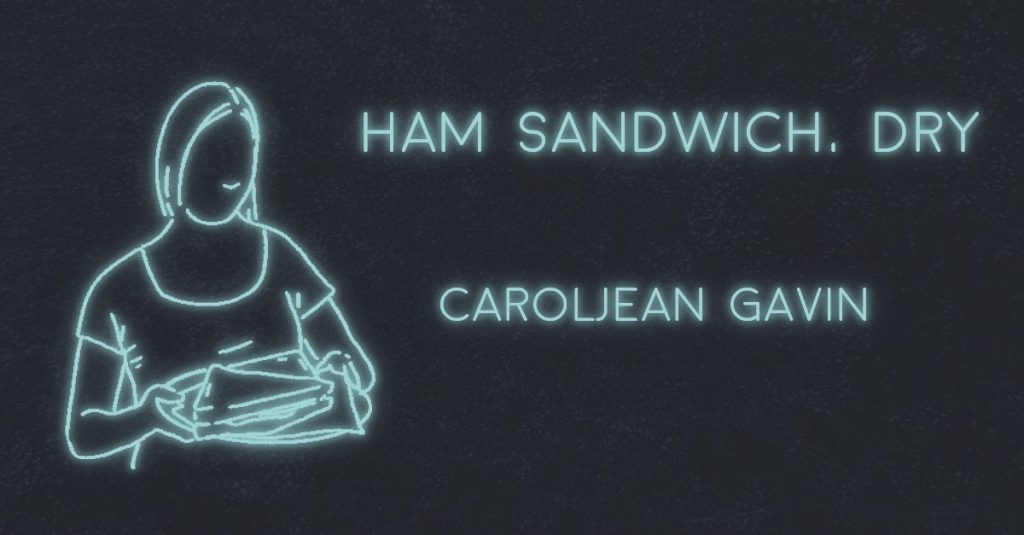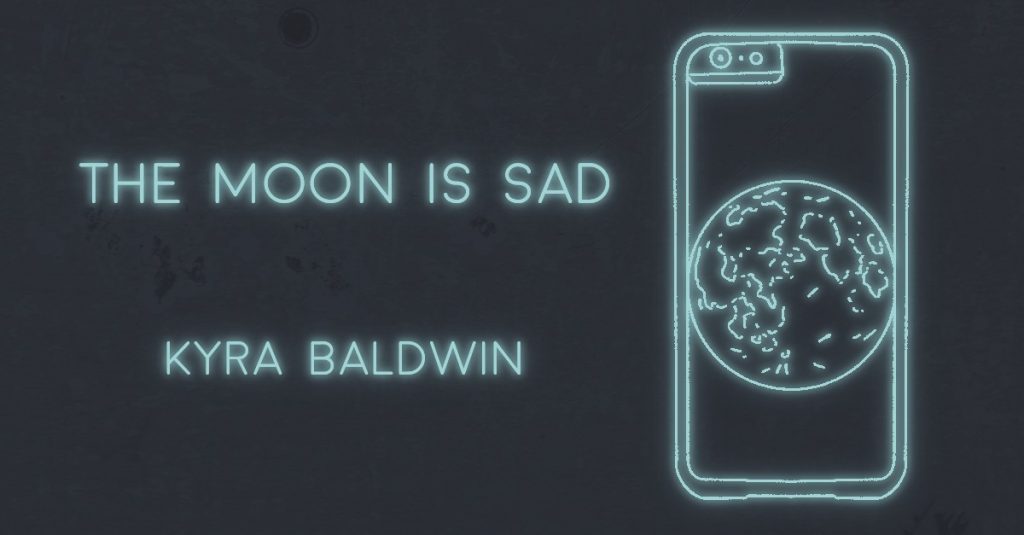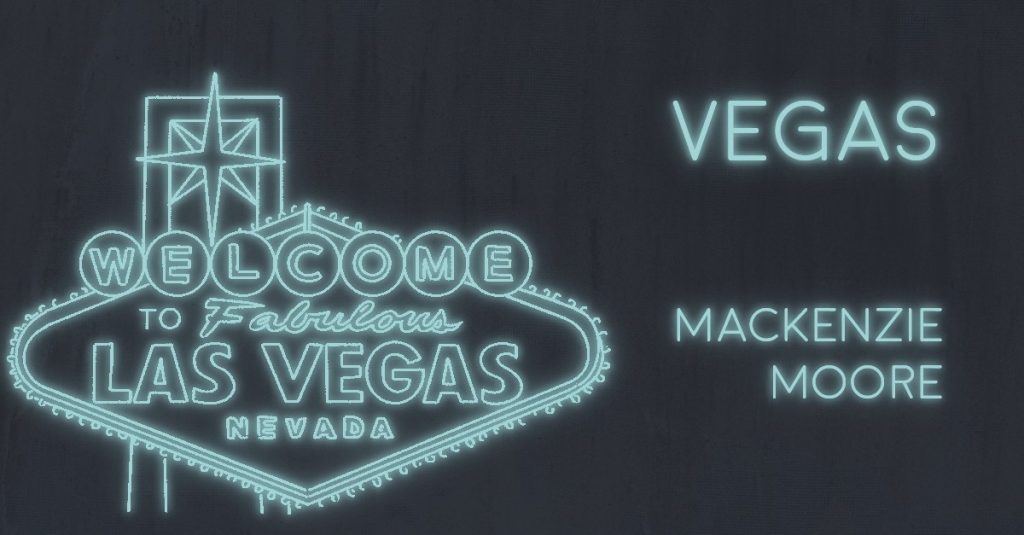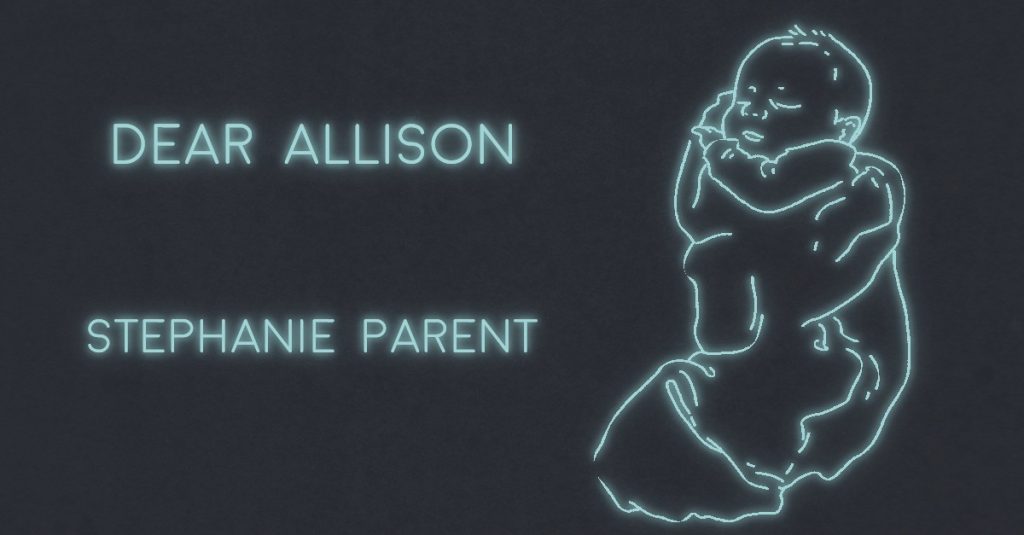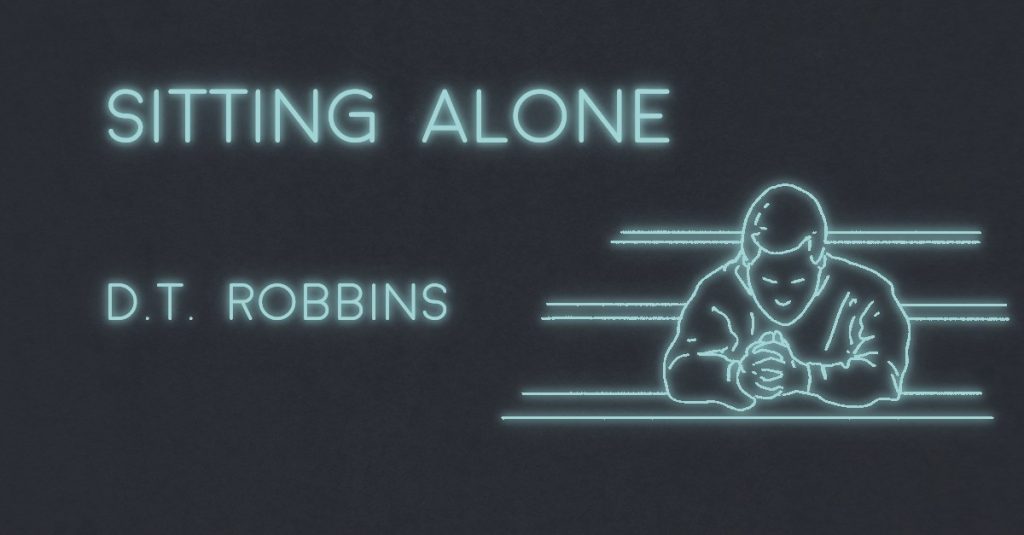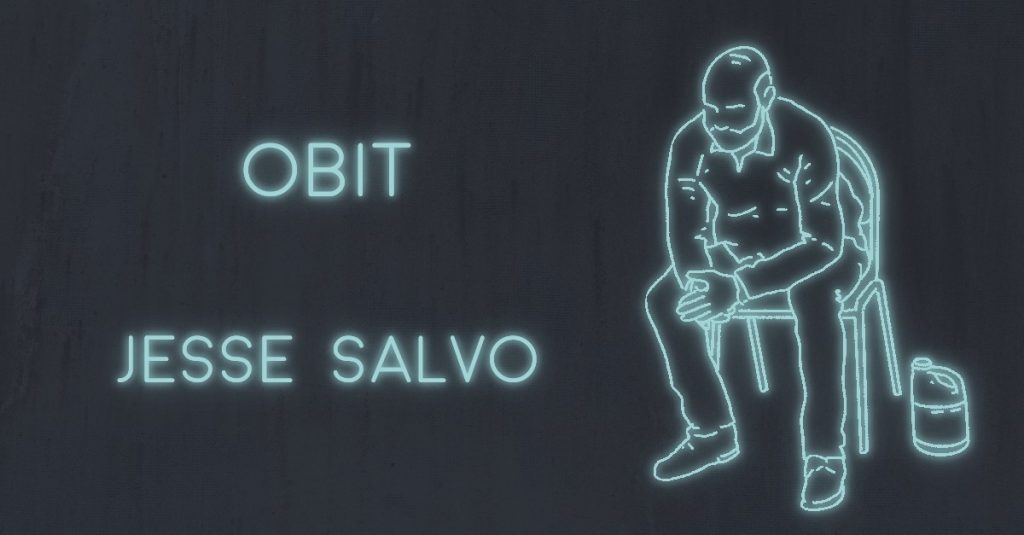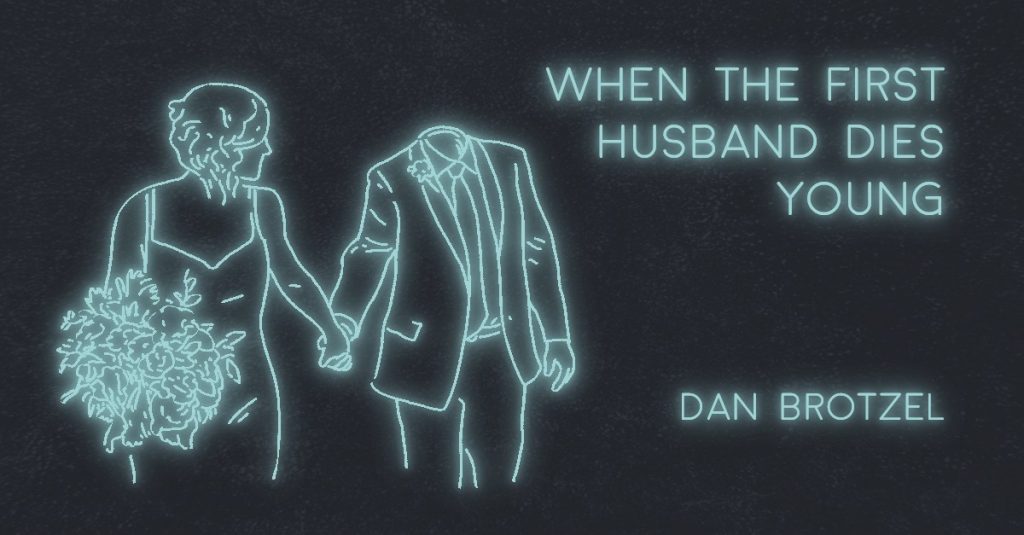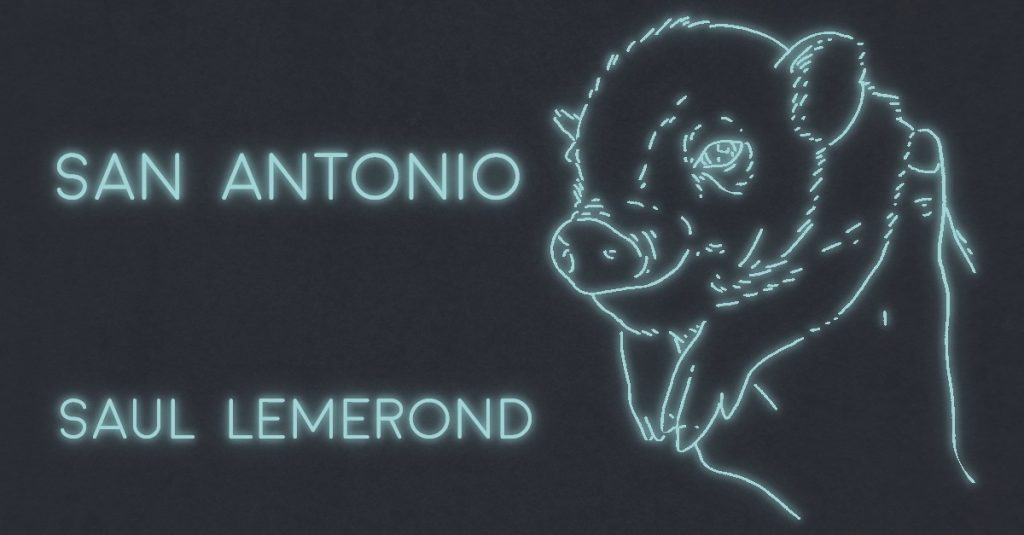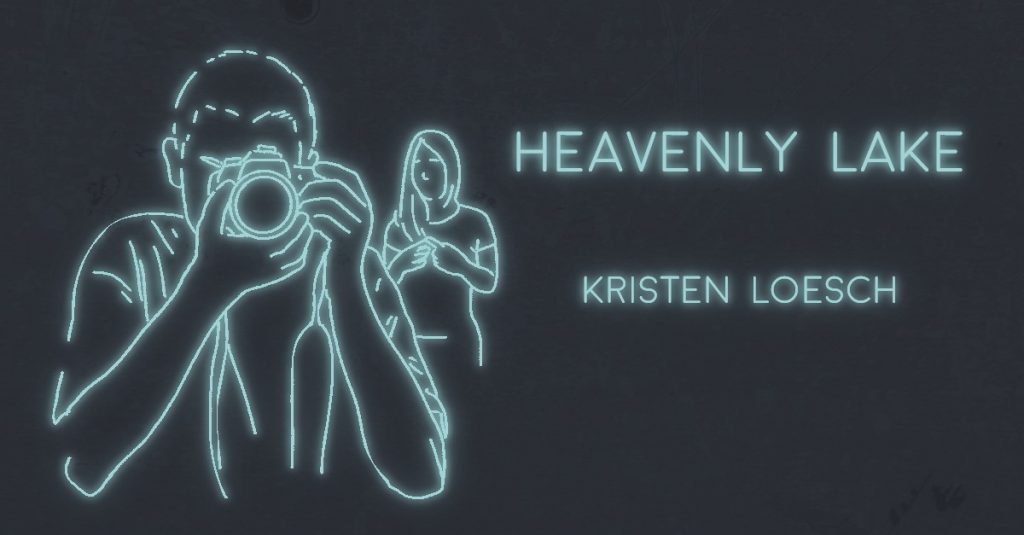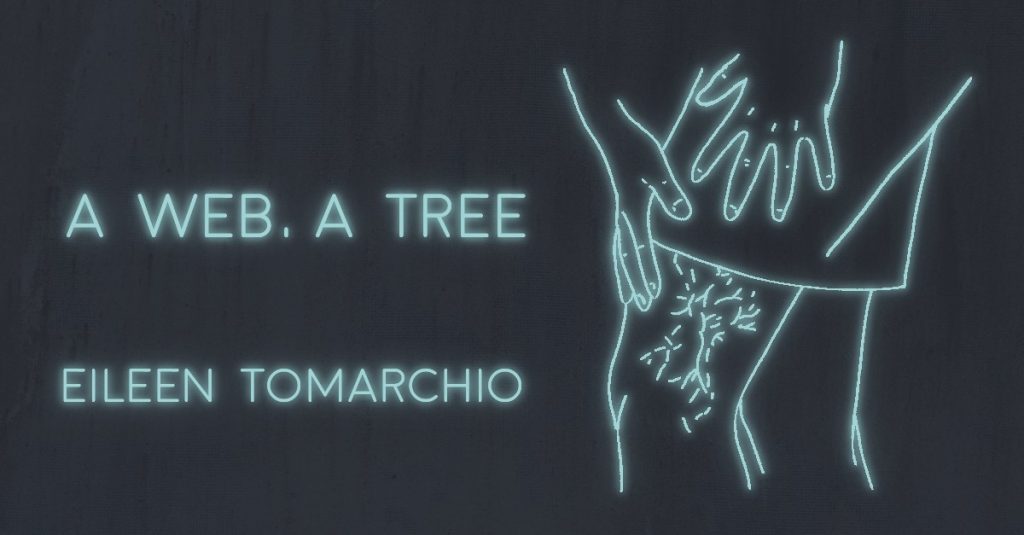
A WEB, A TREE by Eileen Tomarchio
Up close, they were groves, nebulae, Medusa’s head of snakes. Two ragged thatches, one on each of my mother’s outer thighs, a Rorschach pair. Seen in full only when I lifted her covers as she snored and lay beside her. By day, she had her ways of hiding them, fooling the eye. Let-out hems lengthened with ribbon, ricrac, lace. Concealer sticks and opaque hose in rainbows of flesh tones. Napkins over-draped on her lap at barbeques. Napkins that slid off after too many daiquiris like a magician’s reveal, my mother’s cue to rise by an invisible thread and tango with…

